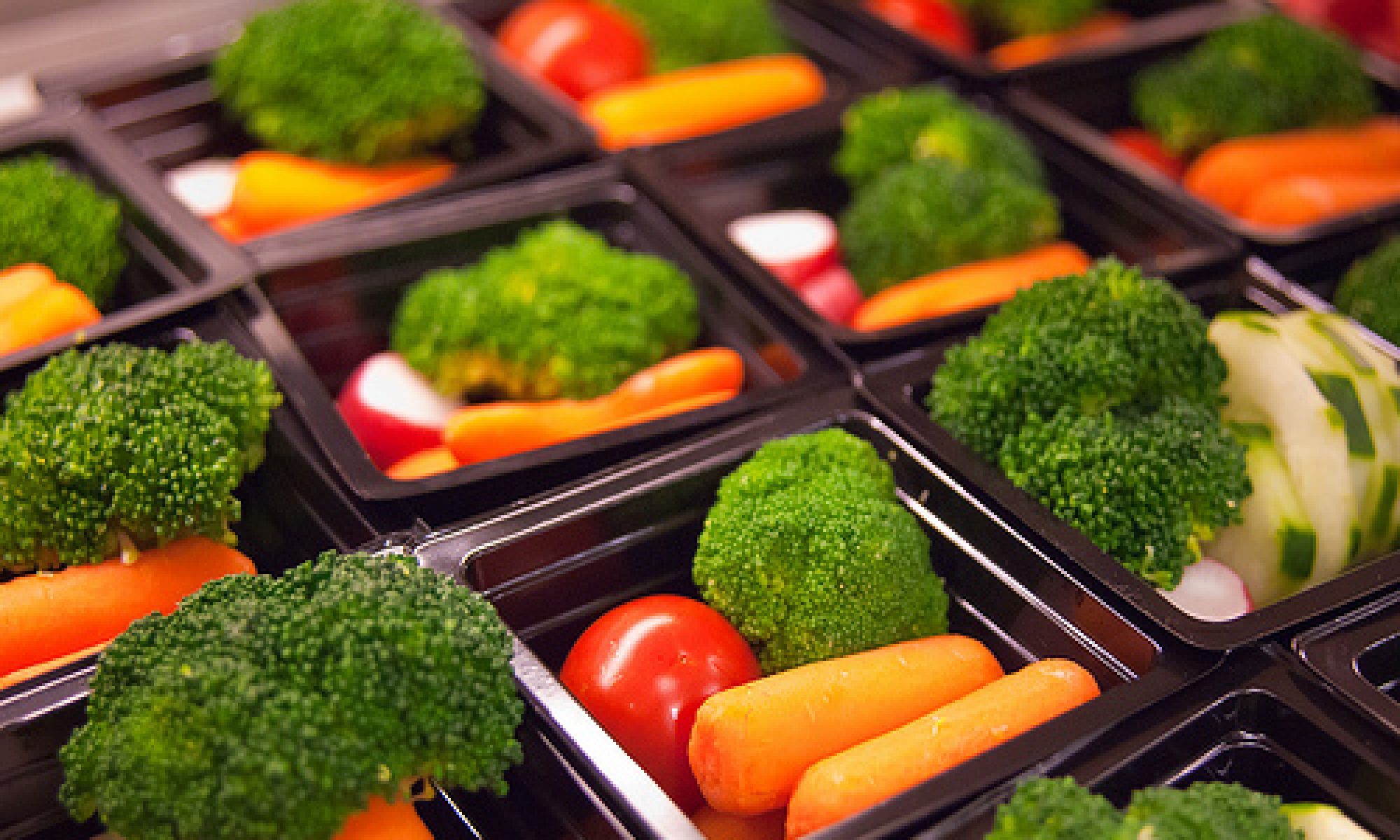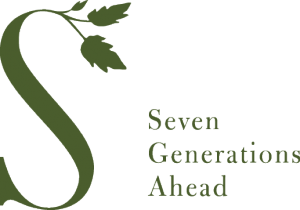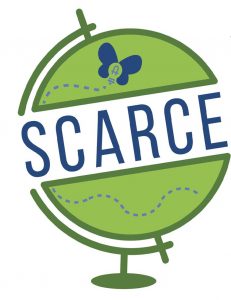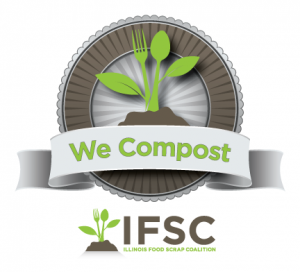In the 12/14/18 online edition of the Daily Herald, Paula A. Lubenow reports on Growing Healthy People, a non-profit organization which has “created year-round gardening programs at Thomas Jefferson Middle School in Waukegan, Lake Forest Country Day School and Bowen Park Urban Ag Lab in Waukegan. The organization utilizes cutting edge gardening technology including hydroponics, aquaponics and aeroponics in greenhouses to allow students to grow food year-round during the entire academic school year. The students at Jefferson Middle School also contribute their produce to the Roberti Community House and food pantries in the Waukegan area. Students learn valuable life skills through these gardening programs: how to grow their own food; the importance of healthy food and good nutrition; and about careers in horticulture.” Read the full article at https://www.dailyherald.com/submitted/20181213/growing-healthy-people-high-tech-school-gardening-programs-teach-students-important-life-skills.
There are three suggested activities related to school gardens which were part of the original Green Lunchroom Challenge voluntary pledge program for K-12 schools (out of which this blog began). Within the “Food Sourcing” category, participants in that pledge program could earn points by establishing an on-site garden to provide fresh seasonal produce on demand, expanding an existing on-site garden, or involving students in the maintenance of a school garden. Though the pledge program has ended, the suggested activity pages are still great guides to incorporating school gardens into your food waste reduction and prevention strategies in K-12 food service operations.
The practices taught through the Growing Healthy People programs would be excellent for schools interested in starting or expanding their school gardens, and they’re proven effective in student involvement. We applaud Growing Healthy People and the three schools in Waukegan, IL mentioned in the Daily Herald article for their efforts!
To learn more about Growing Healthy People, check out their Facebook page at https://www.facebook.com/growinghealthypeople/.




